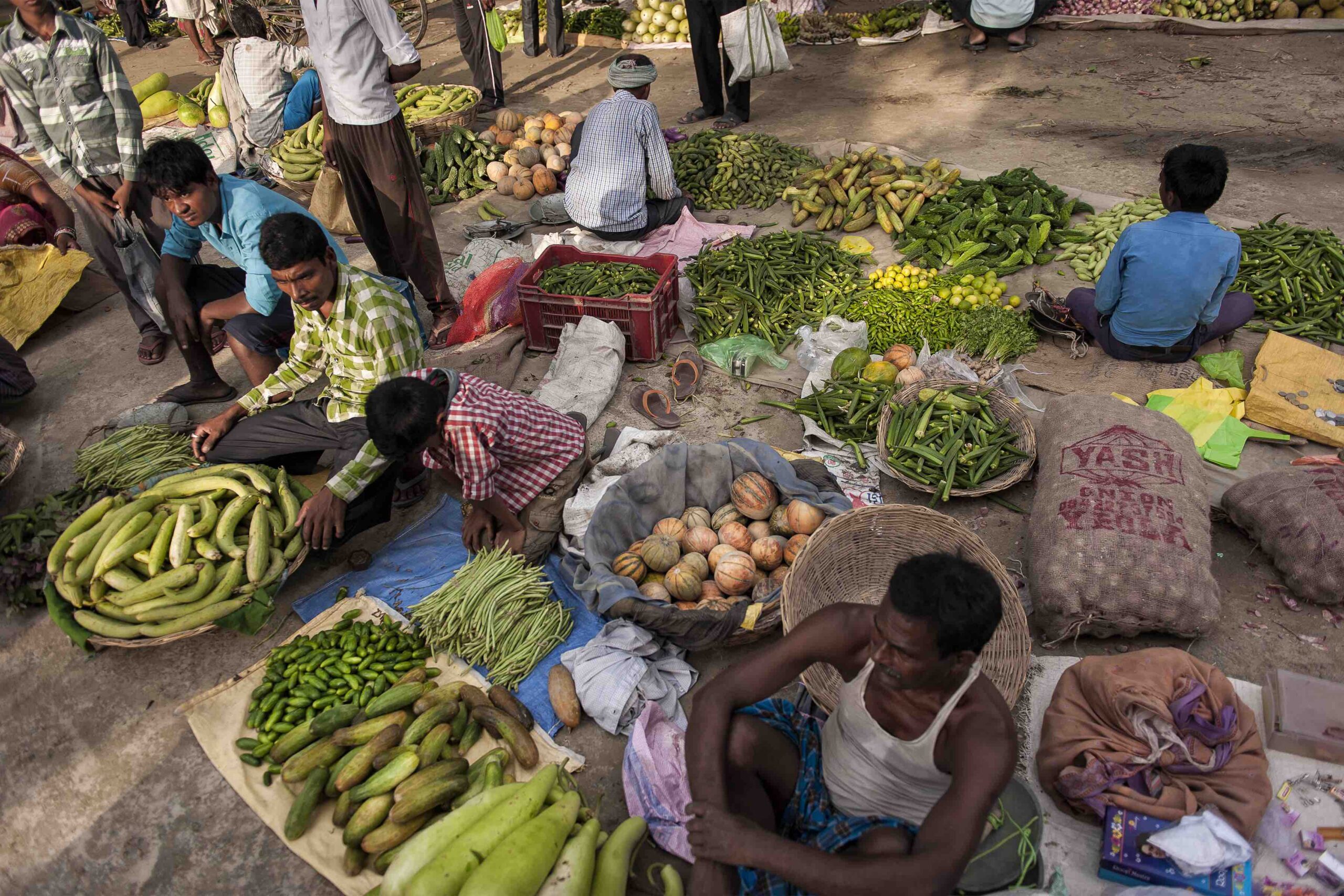To learn more about Digital Green’s AI-powered platform and how it impacts small-scale farmers in India, Ethiopia, Kenya, Nigeria and Brazil, we encourage you to sign up for our newsletter.
Our Journey: Staying farmer focused and learning from evidence

Digital Green started its journey in 2006 as a project of Microsoft research, with a mission to empower smallholder farmers to lift themselves out of poverty by harnessing the collective power of technology and grassroots-level partnerships. We join forces with governments, private agencies, and rural communities to promote good practices in agriculture, nutrition, and health, using videos that are of the community, by the community, and for the community.
We recently brought to a close two flagship investments supported by the Bill and Melinda Gates Foundation (BMGF) with: (1) A partnership with the National Rural Livelihoods Mission in India; and (2) the Ministry of Agriculture, the Regional Bureaus of Agriculture, and the Agricultural Transformation Agency in Ethiopia through which we have reached 2.3M farmers (70% women), created over 6000 videos and trained over 50,000 frontline extension workers.
With COVID-19 and continued risks posed by climate change, we are continuing to innovate. As we look towards new innovations with the use of multiple digital channels of communication & solutions to support access to markets, we want to take stock of what we have learned in the past. 
We have learned that a farmer-focused approach is key to promote adoption of new practices. That is why we share locally produced videos on agronomic practices that feature farmers who are role models in their communities, building on social networks through facilitated group discussions to enable collective learning.
Deep partnerships with governments contribute to systems change at scale. State and national governments have institutionalized the community video approach through committing financial and human resources and embedding the approach in extension strategies. The governments of India and Ethiopia have invested $21.6M in the approach, and 75% of districts we partner with in India have built capacity to independently sustain the approach.
And finally, farmer feedback and data enables constant iteration and high returns on investment. Feedback mechanisms must collect actionable data to enable realignment to individual and community needs. Digital Green’s ‘Connect online Connect Offline’ (COCO) platform tracks gender-disaggregated data and farmer feedback, which informs the next iteration of videos and helps curate content that results in increased impact.
As a learning organization, we recognize that we have a long way to go – from ensuring that we continue to support our partners address the differences in quality across regions; that data is not just collected but used to make decisions; that content is truly targeted & tailored to the needs of farmers; and that farmers have the agency to choose the extension services they want by controlling and sharing their data on their own terms.
Starting today, and over the next few weeks, we will share some of our main evidence & learnings in the form of short videos by prominent researchers who have evaluated our collective impact.
******
Independent Digital Development Consultant, Martine Koopman, who supported USAID, DFID, BMGF and IFAD funded research by Landell Mills shares here findings on the use of integrated communication channels (video, radio, and IVR advisories) in disseminating agronomic practices in Ethiopia.
******
Beyond agriculture, Digital Green has also tested its approach to support health and nutrition messaging among rural farming families. Suneetha Kadiyala, Senior Lecturer (Associate Professor) at London School of Hygiene and Tropical Medicine (LSHTM) and the team will share preliminary findings from a 4-arm cluster RCT, in Odisha, India to test participatory videos to promote nutritionally sensitive agriculture (NSA) & use of participatory learning and action meetings.
******
Katya Vasilaky, Assistant Professor at California Polytechnic State University-San Luis Obispo talks about the impact of the community video approach when tested at scale in Bihar with the State livelihood mission called JEEViKA. This randomized controlled trial spanning two seasons studies one crop (rice) with a focus on the System of Rice Intensification and also studies different types of messages delivered to farmers.
******
David Speilman, Senior Research Fellow at International Food Policy Research Institute (IFPRI) shares the main outcomes from a study evaluating the impact of the community video approach in Ethiopia (on reach, knowledge, adoption, yield & cost-effectiveness). This study was done in the context of three crops (teff, wheat, maize) & practices already being promoted by the Ministry of Agriculture (e.g., row planting, precise seeding rate & urea dressing), and also varied with the gender of the recipient; This RCT was part of a larger research collaboration between IFPRI and Digital Green in Ethiopia, of which many outputs are discussed in this video.